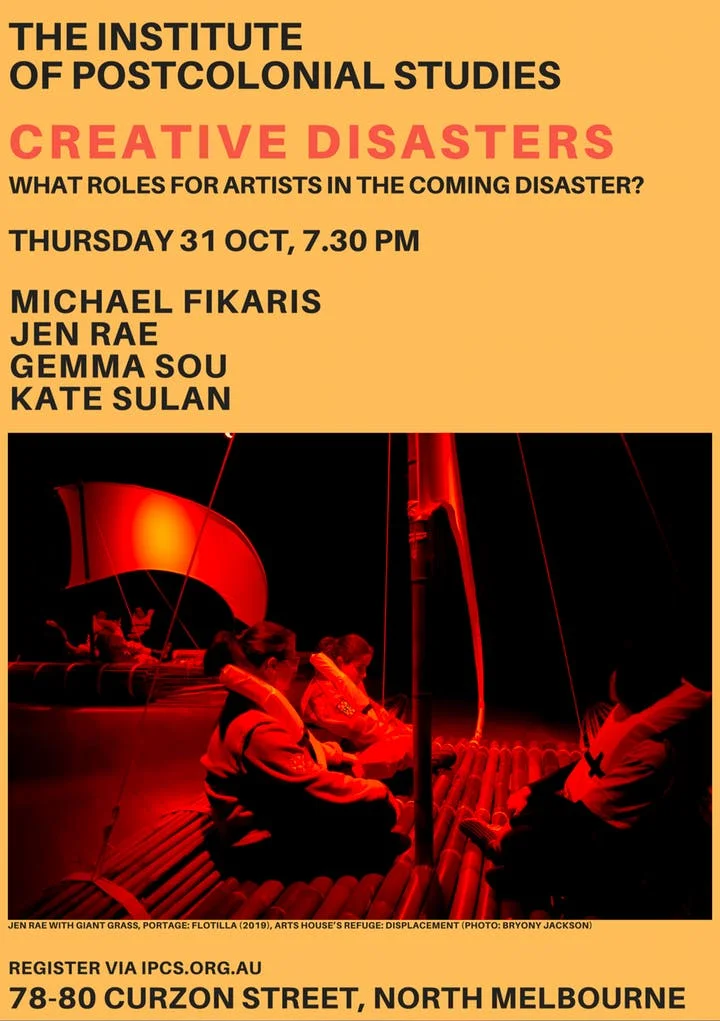Hyperlocal food sourcing: trendy or necessary? - Interactive Workshop
Live workshop: November 13 at 04:00 UTC - Check your local time
Panel Chair: Franzisca Weder
Introduction - “live” from community garden/food hub
Initiatives, communication and engagement strategies from a practitioners perspective
Introduction of projects, workshop and training concepts in international cultural and regional settings:
Food hubs
Jen Rae, Melbourne (Australia): (Hyper)local food hub, Melbourne
F.-Th Gottwald, Munich (Germany): Local food hub, Munich
Sparking food related conversations in a digitalized world
Amanda Katili Niode, Jakarta (Indonesia): Climate smart eating, regional challenges
Ana C. Nepote, Morelia (Mexico): New ways to communicate about food sourcing in a digital world
Pedagogical approaches
Sheryl Cunningham, Alex Klug, Springfield, Ohio (USA): Engaging multiple audiences
Jennifer Good, Constance Gordon, Kathleen P. Hunt, Dara M. Wald, Maggie Siebert, Toronto et al (CAN/USA): Teaching through food
Discussion
Includes live question and answer session with people in the community & online.
Hyperlocality as part of “trendy sustainability”?
Why hyperlocal in Covid-times?
What and where do we talk about a Covid-19 related disruption (supply chains? panic buying? What about the retailers?)
What about “food security”?
Why are people more “sustainable” in Covid-/Post-Covid-times? Are they?
What are “hyperlocal communication strategies”?
How much is/can this be translated into an online world? (adaption strategies?)
What skills are needed in local food hubs?
Is there something like “public pedagogy” or: What skills can be learned in local food systems/community projects etc.?
What are strategies to engage with local councils/governments?
What about “investment” strategies (what kind of investment are we talking about)?
What about community, cohesion and inclusion – is COVID-19 bringing “values” back?
What about social inclusion and gender issues when we talk about sustainability, food & food supply?
How can academic works be translated into the hyperlocal communities?
The workshop will be recorded and available to delegates.
Followed by:
Advocating for Sustainable Food - Research Panel
Live question and answer session: November 13 at 19:00 UTC - Check your local time
Recorded presentations will be available ahead of time - see note below
Presentations abstracts
Panel Chair: Samantha Senda-Cook
Awareness of the Need for Transformational Change in Local Food System Participants in Providence, Rhode Island
Human-Like Animals? – The Effects of the Animal Rights Organizations’ Approach to Communicate for Reducing Animal-Based Nutrition
Tanja Habermeyer, University of Augsburg
Rebecca Hellmeier, University of Augsburg
Positioning Community Radio as a Catalyst for Food Sustainability in Kenya: A Review of Milestones and Challenges of the UNESCO Chair on Community Radio for Agricultural Education – Rongo University
Overmoralization of (m)eating behavior?
Stella Lemke, University of Lübeck
Thomas Fenzl, FH Munich
Franzisca Weder, University of Queensland
Denise Voci, University of Klagenfurt
Presentations will be uploaded approximately one week ahead of time so delegates can watch them at their convenience. Then, at the time listed above there will be a live question and answer session with the presenters. That session will also be recorded and available to delegates. In addition, there will be a chat stream so delegates can engage with the panelists asynchronously.
Platform
The conference will take place on the Pheedloop platform and will also use Zoom. Registered delegates will receive detailed instructions prior to the conference.
Registration
IECA Members: free, but please do not register unless you are certain you will attend. We have to pay a platform fee for each registration and don't want to waste funds.
New memberships will be available after November 1, 2020 here.
Non-Members: $25
Non-members living in low to upper middle income economies: $12
Register Now
Registration fees are non-refundable.



